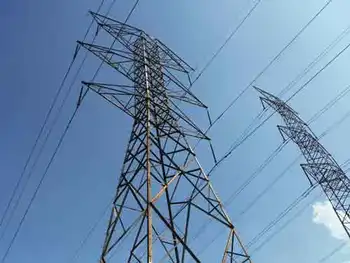Canada needs to shrink productivity gap: OECD
By Financial Post
NFPA 70e Training
Our customized live online or in‑person group training can be delivered to your staff at your location.

- Live Online
- 6 hours Instructor-led
- Group Training Available
Canadian economic production on a per-person basis compared with the U.S. "has not narrowed in recent years and remains significant, reflecting weak labour productivity performance," reported the OECD, a Paris-based economic think-tank funded by 30 countries from Europe, North America and Asia.
"The federal and provincial governments have made some progress in dealing with the OECD's list of policies that are holding back potential growth, but the backlog remains heavy," spokesman Peter Jarrett told Canwest News Service in an e-mail interview.
The report follows up on 2007 recommendations offered to all member countries suggesting ways to improve productivity. In Canada, the proposals were intended to help narrow the 15% gap between the two countries' per capita gross domestic product.
The OECD had called on Canada to remove interprovincial trade barriers, reduce higher-than-average restrictions on foreign investment, liberalize provincial electricity markets, improve the tax system's efficiency, and reform the Employment Insurance (EI) system so it doesn't force some companies to effectively subsidize other firms engaged in seasonal work.
"Specifically, electricity markets still benefit rather little from competitive forces, EI benefits are still hindering labour mobility, and the taxation of capital remains burdensome particularly at the provincial level, thereby reducing investment," according to Mr. Jarrett.
The report did point out positive steps, such as the promise by provincial premiers last year to remove by 2009 all inter-provincial labour mobility barriers involving "regulated occupations" such as doctors, dentists, architects, engineers, and tradesmen like plumbers and electricians.











